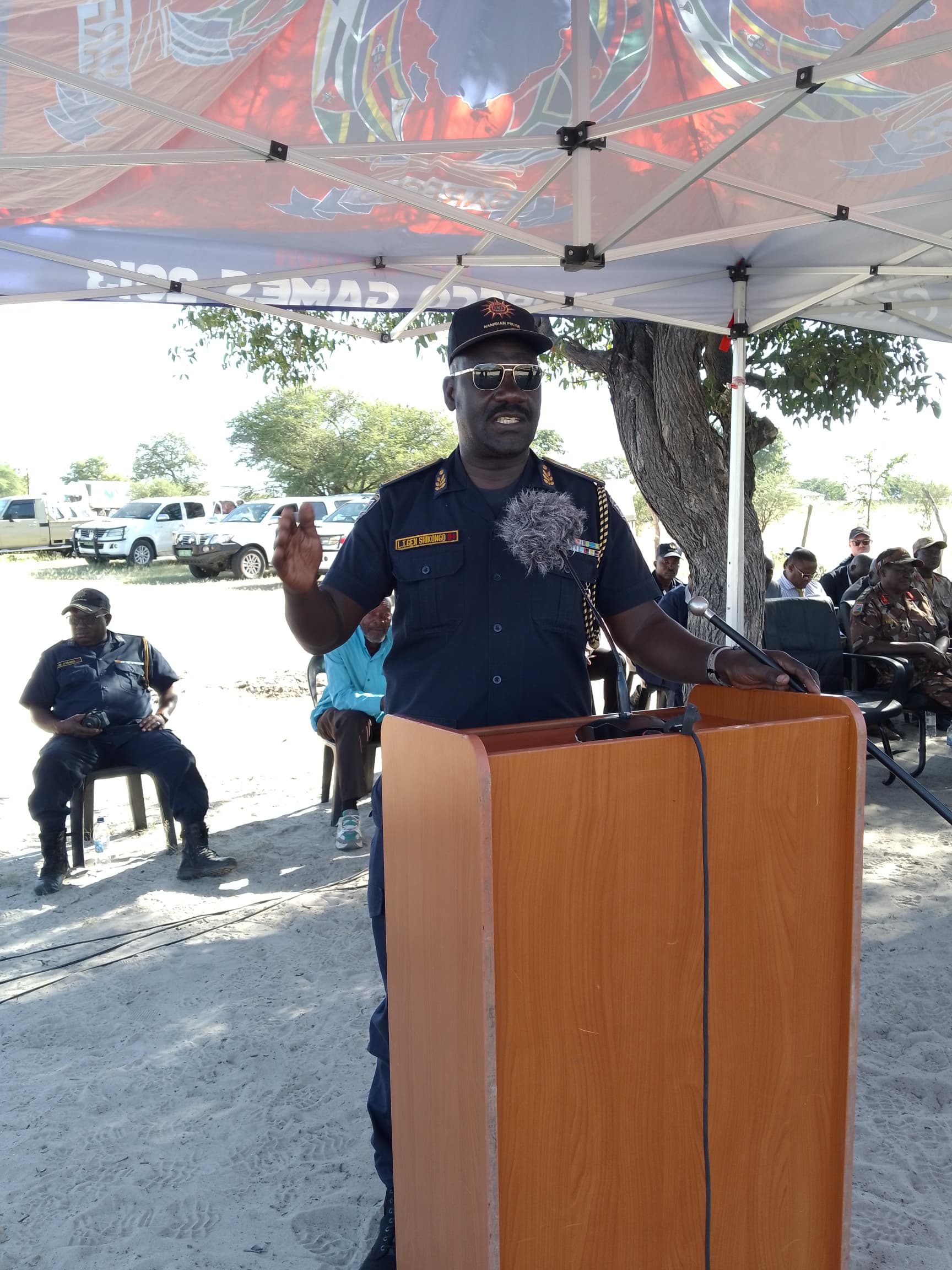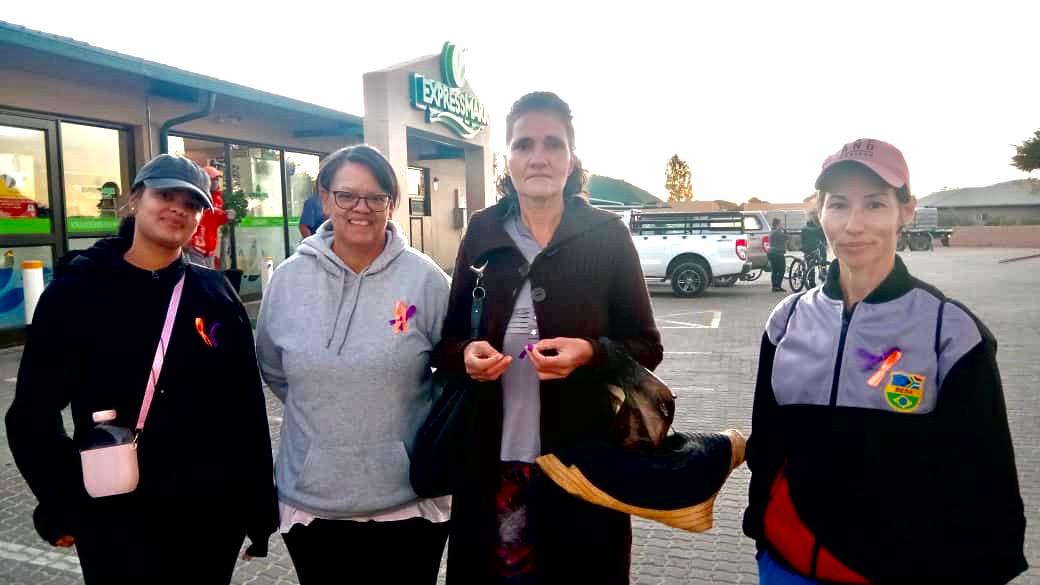WASHINGTON – After days of hand-wringing, telephone diplomacy and criticism of both Hezbollah and Israel, world leaders are looking for ways to intercede in a deepening crisis of deadly rocket attacks that threatens to draw the Middle East into a broader war.
There is no guidebook for success, and it remains unclear whether pressure from the outside can produce a lasting solution. The United Nations, European countries, Arab neighbours and the United States have ideas but limited leverage.Diplomatic efforts to end Israeli-Hezbollah fighting seemed to gain traction Monday, with Israeli officials saying they would agree to stop fighting if two captured soldiers were returned and Islamic guerrillas were withdrawn from Israel’s border with Lebanon.Italy was trying to broker a ceasefire.On Sunday, Lebanese officials said Israel had sent the terms of a possible cease-fire through Italian mediators.The terms were the release of the Israeli soldiers and a Hezbollah pullback to roughly 20 miles from the Israeli-Lebanese border.If a cease-fire could be arranged, an international peacekeeping force might be sent to the southern Lebanon border region.British Prime Minister Tony Blair and UN Secretary General Kofi Annan have endorsed that idea.Russian President Vladimir Putin said Moscow would consider dispatching troops, and the European Union announced it was considering a peacekeeping force as well.White House spokesman Tony Snow would not pledge US participation in any eventual peacekeeping force but did not rule it out.”It’s awfully premature to be talking about US troops, but I just don’t know,” Snow told reporters.A broad push for a cease-fire could put potential international peacemakers at cross purposes with the United States, traditionally the most powerful peace broker and the only power with real sway over Israel.The US is leery of a quick cease-fire that might prove only a temporary fix, however, fearing that would leave Israel and any eventual peacekeeping troops at risk.”What you don’t want to do is …to be back in the same position three weeks from now, three months from now, six months from now, where a group of extremists, terrorists and their backers can drag the region into a crisis,” State Department spokesman Sean McCormack said.The battle death toll has climbed above 200.Most of the deaths were in Lebanon.The United States has taken an unusually hands-off approach so far, deferring to Israel as a new and militarily inexperienced leader, Prime Minister Ehud Olmert, insists that he will “destroy all the terrorist infrastructure, in every place”.The US blames Hezbollah and its Syrian and Iranian backers.Hezbollah’s main international patron, Iran, said a cease-fire was feasible, and Annan’s special political adviser emerged from talks with Lebanon’s prime minister to say he would present Israel with “concrete ideas” to end the fighting.Hezbollah is an Islamic guerrilla and political movement that is more influential in Lebanon than the country’s fragile democratic government.The United States considers it a terrorist group and will not deal with it.Secretary of State Condoleezza Rice plans to go to the Middle East soon, but her agenda and itinerary are not set, McCormack said.She plans to wait at least until a UN assessment team returns to New York this week and reports its findings.Blair has suggested he could go to the region ahead of Rice because the stakes would be lower.”Obviously if she goes out she’s got to succeed, as it were, whereas I can go out and just talk,” Blair told Bush.That makes sense, said Jon Alterman, Middle East programme director at the Centre for Strategic and International Studies.”You want to leave room to turn things up another notch,” Alterman said.”If the US goes in, swings and misses, that doesn’t leave another place to go.”Olmert’s centrist government won power on a platform of separating Israel from the Palestinians in the West Bank and Gaza Strip and defining Israel’s borders and security on its own.He was not anticipating a renewed war on the Lebanon border, or at least not so soon.Olmert said Monday the fighting in Lebanon would end when the two Israeli soldiers captured by Hezbollah guerrillas were freed, rocket attacks on Israel were stopped and the Lebanese army was deployed along the border.”Israel will not agree to live in the shadow of the threat of missiles or rockets against its residents,” he told Parliament.- Nampa-APThe United Nations, European countries, Arab neighbours and the United States have ideas but limited leverage.Diplomatic efforts to end Israeli-Hezbollah fighting seemed to gain traction Monday, with Israeli officials saying they would agree to stop fighting if two captured soldiers were returned and Islamic guerrillas were withdrawn from Israel’s border with Lebanon.Italy was trying to broker a ceasefire.On Sunday, Lebanese officials said Israel had sent the terms of a possible cease-fire through Italian mediators.The terms were the release of the Israeli soldiers and a Hezbollah pullback to roughly 20 miles from the Israeli-Lebanese border.If a cease-fire could be arranged, an international peacekeeping force might be sent to the southern Lebanon border region.British Prime Minister Tony Blair and UN Secretary General Kofi Annan have endorsed that idea.Russian President Vladimir Putin said Moscow would consider dispatching troops, and the European Union announced it was considering a peacekeeping force as well.White House spokesman Tony Snow would not pledge US participation in any eventual peacekeeping force but did not rule it out.”It’s awfully premature to be talking about US troops, but I just don’t know,” Snow told reporters.A broad push for a cease-fire could put potential international peacemakers at cross purposes with the United States, traditionally the most powerful peace broker and the only power with real sway over Israel.The US is leery of a quick cease-fire that might prove only a temporary fix, however, fearing that would leave Israel and any eventual peacekeeping troops at risk.”What you don’t want to do is …to be back in the same position three weeks from now, three months from now, six months from now, where a group of extremists, terrorists and their backers can drag the region into a crisis,” State Department spokesman Sean McCormack said.The battle death toll has climbed above 200.Most of the deaths were in Lebanon.The United States has taken an unusually hands-off approach so far, deferring to Israel as a new and militarily inexperienced leader, Prime Minister Ehud Olmert, insists that he will “destroy all the terrorist infrastructure, in every place”.The US blames Hezbollah and its Syrian and Iranian backers.Hezbollah’s main international patron, Iran, said a cease-fire was feasible, and Annan’s special political adviser emerged from talks with Lebanon’s prime minister to say he would present Israel with “concrete ideas” to end the fighting.Hezbollah is an Islamic guerrilla and political movement that is more influential in Lebanon than the country’s fragile democratic government.The United States considers it a terrorist group and will not deal with it.Secretary of State Condoleezza Rice plans to go to the Middle East soon, but her agenda and itinerary are not set, McCormack said.She plans to wait at least until a UN assessment team returns to New York this week and reports its findings.Blair has suggested he could go to the region ahead of Rice because the stakes would be lower.”Obviously if she goes out she’s got to succeed, as it were, whereas I can go out and just talk,” Blair told Bush.That makes sense, said Jon Alterman, Middle East programme director at the Centre for Strategic and International Studies.”You want to leave room to turn things up another notch,” Alterman said.”If the US goes in, swings and misses, that doesn’t leave another place to go.”Olmert’s centrist government won power on a platform of separating Israel from the Palestinians in the West Bank and Gaza Strip and defining Israel’s borders and security on its own.He was not anticipating a renewed war on the Lebanon border, or at least not so soon.Olmert said Monday the fighting in Lebanon would end when the two Israeli soldiers captured by Hezbollah guerrillas were freed, rocket attacks on Israel were stopped and the Lebanese army was deployed along the border.”Israel will not agree to live in the shadow of the threat of missiles or rockets against its residents,” he told Parliament.- Nampa-AP
Stay informed with The Namibian – your source for credible journalism. Get in-depth reporting and opinions for
only N$85 a month. Invest in journalism, invest in democracy –
Subscribe Now!










